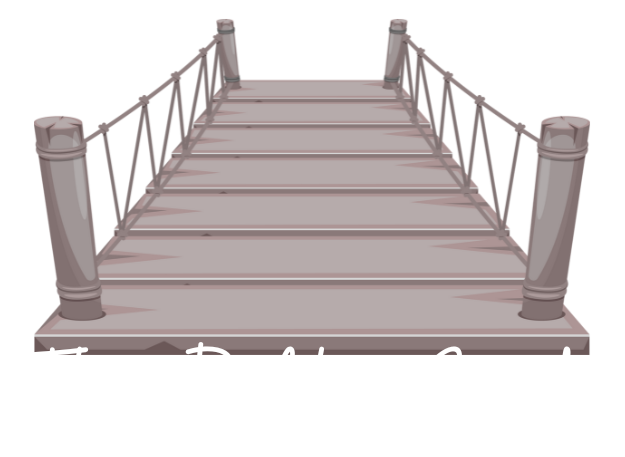 Since I started out in the world as a new grad, I have witnessed significant changes in the way our world works. I noticed the shift from a government-run organisation to support people with disabilities, however acquired, to a privatised system where perverse incentives motivated the approach to people with disabilities. The 20th century had seen wars and great social disruption, and what had been a post-war effort to bring our society together safely and respectfully, was eroded by a push towards neo-liberal values around market forces. There are benefits in that, and also costs.
Since I started out in the world as a new grad, I have witnessed significant changes in the way our world works. I noticed the shift from a government-run organisation to support people with disabilities, however acquired, to a privatised system where perverse incentives motivated the approach to people with disabilities. The 20th century had seen wars and great social disruption, and what had been a post-war effort to bring our society together safely and respectfully, was eroded by a push towards neo-liberal values around market forces. There are benefits in that, and also costs.
In my morning walk/think time I stumbled across an interesting and provocative podcast about the social contract:
https://www.abc.net.au/listen/programs/futuretense/building-a-new-social-contract-/103022958
"There’s a growing public sense that the current model of the social contract is broken, due in large part to rising inequality and the pursuit of profit over social progress.
The “social contract” defines the relationship between citizens, their government and business. Its modern form emerged after WWII and, in western democracies, was largely structured around the principles of the welfare state. It’s about equity, order and trust.
So, does the essence of the social contract still have value? And if so, how can it make fit for purpose in the 21st century?"
